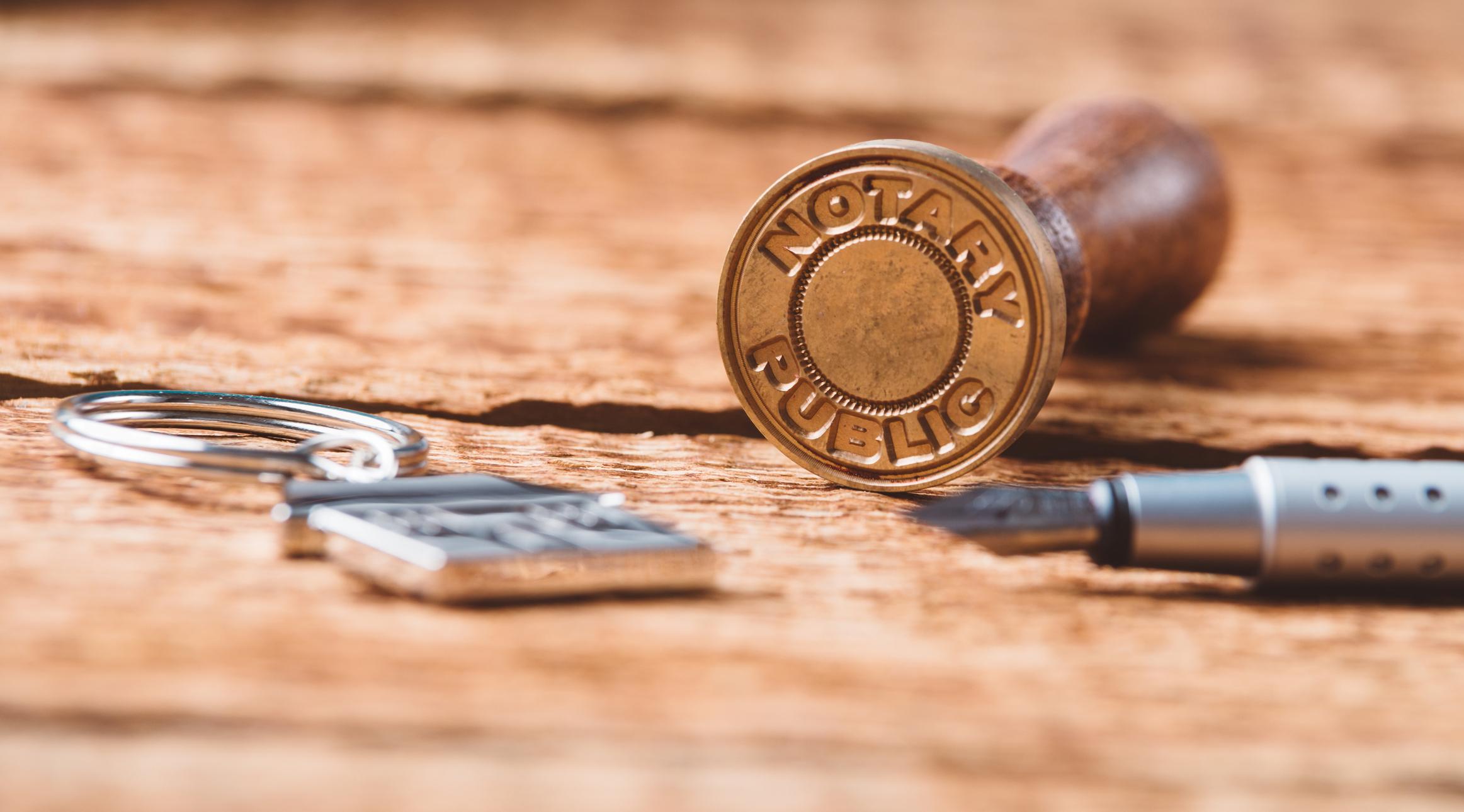Qualified Notary Solutions: Making Certain Lawful Credibility and Protection
Qualified Notary Solutions: Making Certain Lawful Credibility and Protection
Blog Article
Debunking Notarial Work: Streamlining the Function and Importance of Notaries
In the complex internet of legal paperwork and confirmation, notaries stand as pillars of assurance and credibility. Their duty, commonly shrouded in mystery for many, brings significant weight in ensuring the legitimacy and honesty of essential papers. As guardians of validity and fact, notaries play a critical part in our society, yet their work is not constantly completely comprehended. By deciphering the intricacies surrounding notarial practices and shedding light on the importance of their acts, a more clear understanding emerges of the crucial duty notaries play in upholding the fabric of lawful and legal arrangements.
The History of Notarial Work
How did notarial job evolve gradually to come to be an integral part of lawful and business transactions? The background of notarial work go back to ancient human beings, where scribes played a crucial duty in taping essential info and verifying documents. As cultures advanced, the requirement for a much more formalized system to make sure the legitimacy of contracts arose. This caused the development of notaries, people designated by the state to function as neutral witnesses in legal issues.
Throughout the Middle Ages, notaries gained prestige in Europe, with their features increasing to consist of preparing lawful papers, licensing signatures, and preserving documents. The increase of international trade further highlighted the importance of notarial work in verifying contracts and agreements throughout borders.
In the modern period, notaries remain to play a vital duty in lawful and organization transactions by validating identities, confirming the authenticity of files, and preventing fraudulence. Their duty in certifying the legitimacy of arrangements includes a layer of protection and depend the ever-evolving landscape of business and regulation.

Tasks and Responsibilities of Notaries
Notaries play a vital function in validating the authenticity of files and the identification of signatures. One of their key responsibilities is to witness the signing of important records, such as acts, contracts, and wills, to make certain that all events are getting in into arrangements knowingly and voluntarily.
They license copies of initial files, providing guarantee to institutions that the copies are true reproductions of the originals. Generally, the obligations and obligations of notaries are crucial in protecting the honesty and legality of different files and deals - Apostille.
Notarial Certificates and Signatures
Exhibiting thorough attention to detail, notarial certificates and trademarks function as important elements in confirming the authenticity of lawful records. Notarial certifications typically contain essential details such as the day of notarization, the names of the signatures, a description of the record, and the notary's main seal. These certifications give a clear record of the notarial act, making certain that the file can be quickly determined and mapped back to the notary that oversaw the process.
Signatures play a pivotal role in notarial work, as they represent the agreement i thought about this and authorization of the celebrations involved. Notaries thoroughly witness the finalizing of papers to validate the identification of the notaries and validate that they are signing of their very own totally free will. By affixing their main seal and trademark to the paper, notaries accredit that the required treatments have actually been adhered to which the document is enforceable and valid.
In significance, notarial certificates and signatures are the hallmark of authenticity in lawful transactions, offering assurance to all parties included that the documents are genuine and binding.
Importance of Notarial Acts

Registration Refine Clarified
Describing the notarization procedure offers clearness on the essential actions entailed in confirming lawful files. The notarization process generally begins with the individual presenting the record to a notary public. The notary then validates the endorser's identification via appropriate recognition techniques. As soon as the identity is validated, the notary makes sure that the individual authorizing the document does so voluntarily and without any coercion.

Final Thought
Notarial certificates normally contain essential info such as the date of notarization, the names of the notaries, a summary of the document, and the notary's official seal. These certificates offer a clear document of the notarial act, ensuring that the document can be conveniently determined and mapped back to the notary who managed the process.
By affixing their main seal and signature to the document, notaries certify that the needed treatments have been complied with and that the record is legitimate and enforceable.
By validating the identification of the notaries, confirming their determination to enter right into the arrangement, and accrediting the date and location of the signing, notaries play an essential duty in maintaining the validity of legal documents.After the record is authorized, the notary will attach their main seal or stamp onto the document.
Report this page